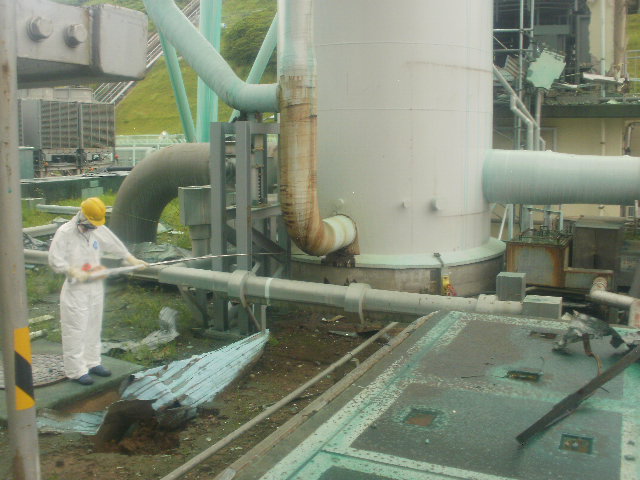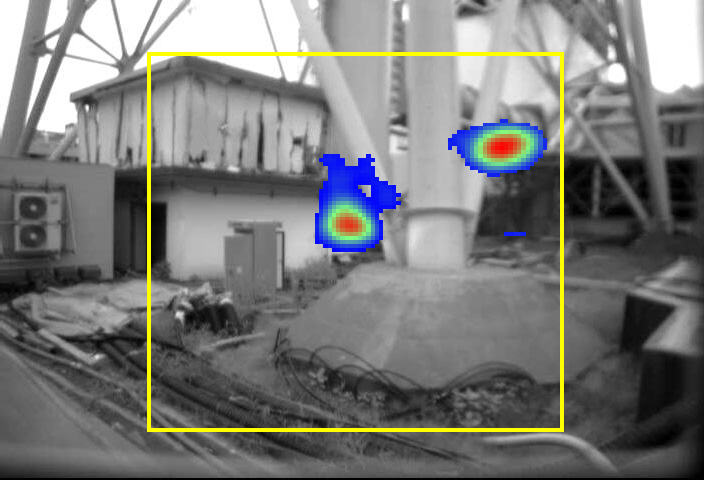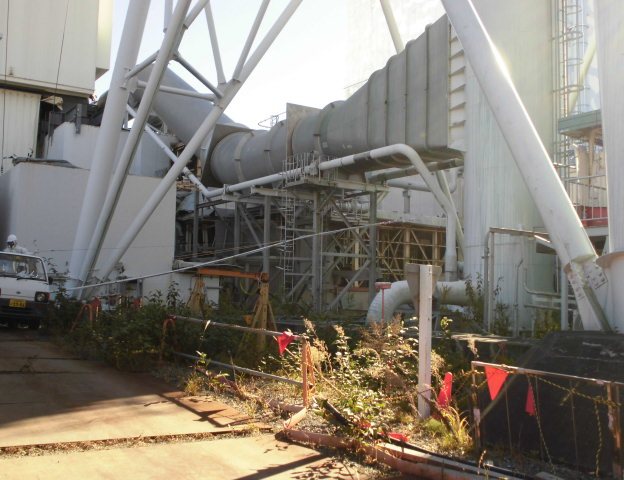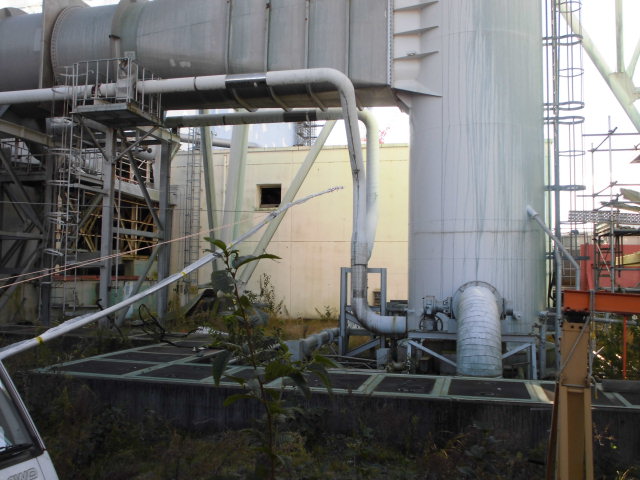In the minds of the Japanese press and their readers, the United States government under the Obama administration dislikes - if it doesn't, it should and it must - the Japanese "right-wing" administration of Shinzo Abe, and it condemns - if it doesn't, it should and it must - the State Secrecy Protection Law that just passed the Upper house in Japan.
So when the Japanese reporters write about the US reaction (if any) to the law, they try their best to elicit the response they want to hear; failing that, they still hear what they want to hear and write about what they believe they hear. In other words, they goalseek.
First it was Mainichi Shinbun (12/7/2013) who reported on the US reaction to the passage of the State Secret Protection Law:
ハーフ副報道官は「情報の保全は同盟国間の協力に決定的な役割を果たす」と述べ、日米両政府が共有する情報の保全が必要であるとの認識を示した。ただ、ハーフ氏は「表現の自由、報道の自由などの普遍的価値の共有が我々の同盟関係の基盤である」とも述べ、同法を根拠に言論の自由を制限することがないよう日本政府に求めた。
Deputy Spokesperson Harf said "Information security plays a critical role in alliance cooperation," indicating security of information shared by both the Japanese government and the US government is necessary. However, [Ms.] Harf also said, "A foundation of our alliance is a shared commitment to universal values such as freedom of expression and freedom of the press," by which remark she requested the Japanese government not to limit the freedom of speech based on the [State Secrecy Protection] Law.
Thus, according to Mainichi, the US Obama administration has expressed concern that the Japanese government may restrict freedom of speech under the law.
That's odd, I thought, coming from this US administration.
Then, the Asahi Shinbun reporter whom I follow on Twitter tweeted about part of the US State Department Press Briefing on December 6, 2013, which concerned the State Secrecy Protection Law that passed the Opper House on December 6 (Japan Standard Time) and became the law of the land . He said:
秘密保護法の制定は米政府が日本に長年求めていたとの指摘については、米国務省の報道官はコメントしなかった
There was no comment from the [deputy] spokesperson to the reporter when he pointed out that the State Secrecy Protection Law had long been requested from the United States for Japan to prepare it.
That piqued my interest further. So I followed the link in the tweet to the State Department Daily Press Briefing (transcript) page (12/6/2013) to find out exactly what was said and who it was who asked the questions.
Here's the transcript of the section about Japan (emphasis in the transcript is mine):
QUESTION: On Japan?
MS. HARF: Mm-hmm.
QUESTION: National secret protection law has finally passed the parliament in Japan today. Can we have any comment on that?
MS. HARF: I do. Just give me one second. As you know, information security plays a critical role in alliance cooperation, and we welcome progress on strengthening policies, practices, and procedures related to the protection of classified information. A foundation of our alliance is also a shared commitment to universal values, freedom of expression, freedom of the press, so those are – that’s our response to that. Obviously, we’ll continue talking to them about it if --
QUESTION: Is the freedom --
MS. HARF: -- it’s a topic that comes up.
QUESTION: The last part is regarding this huge national debate in Japan that law might – press – the freedom of press practice in Japan. Is that the reaction you are making?
MS. HARF: Well, as I said, a key part of our alliance is also the – our shared commitment to freedom of the press, and we believe it’s also important to protect classified information. So obviously – I know there’s been some debate about this there, but this is the extent of our response to that.
QUESTION: Did you know that – I mean, can you comment on this law’s character? It has been long requested from the United States for Japan to prepare it.
MS. HARF: I just don’t have any further comment on this new Japanese law.
Well, it may be possible to interpret her remark "A foundation of our alliance is also a shared commitment to universal values, freedom of expression, freedom of the press" as a caution, a warning to the Japanese government as Mainichi reported, but it is also possible to interpret it as simply delivering the statement that the US-Japan alliance is based in part ("a foundation") on freedom of speech and freedom of the press, therefore there is not much to be concerned about.
But it still doesn't satisfy my curiosity as to who asked the questions. The reporter seemed to want to elicit the particular response from the spokesperson when he asked if the US State Department thought the law might suppress the freedom of speech and freedom of press in Japan.
So I watched the video of the press briefing. The video was much more instructive than the transcript.
It was a Japanese reporter, probably from a major Japanese newspaper (my guess is Asahi) who asked the questions about Japan's newly-passed State Secrecy Protection Law.
Ms. Harf, in response to the request for comment on the passage of the law, flipped through the loosely bound papers in front of her and delivered the sentences (as opposed to speaking to the reporters) from the paper she located:
As you know, information security plays a critical role in alliance cooperation, and we welcome progress on strengthening policies, practices, and procedures related to the protection of classified information. A foundation of our alliance is also a shared commitment to universal values, freedom of expression, freedom of the press
Watching the manner by which the sentences were delivered (reading off the words rapidly and business-like), I do not get the impression at all that these sentences form a criticism, or at least a caution, from the US to the Abe administration as reported by both Mainichi and Asahi.
Rather, my take after watching the video is still that she is saying that "foundation" of "shared commitment to universal values, freedom of expression, freedom of the press" has already been in place, and the US government is not too worried about that aspect of the alliance.
The reporter asked, But, but, what about the press freedom? Is the last part of your comment a criticism of the law?
Well clearly not. Ms. Harf's answer (or rather, the sentences that she was told to deliver) is instructive if you read carefully.
First, "our shared commitment to freedom of the press". Note that it is just a "commitment", little more than a promise. It is not obligation for the government to guarantee under the Constitution (which is what it is).
Then, her last remark of "this new Japanese law". It is "Japanese" problem, whatever the problem may be, not the US.
The reporter could have framed the question in a way relating more to the United States interest - i.e. defense alliance against China in the Far East. The US government could care less, probably, about what's happening in Japan. A protest against the law for the concern of freedom of speech? That's Japan's problem.
Sadly for the Asahi reporter that I follow, her remark is about emphasizing the supreme importance of freedom of the press, and about the US government's continuing the effort to talk with the Japanese counterpart on the importance.














 Tokyo Time
Tokyo Time
![[Most Recent Quotes from www.kitco.com]](http://www.kitconet.com/charts/metals/gold/t24_au_en_usoz_2.gif)

